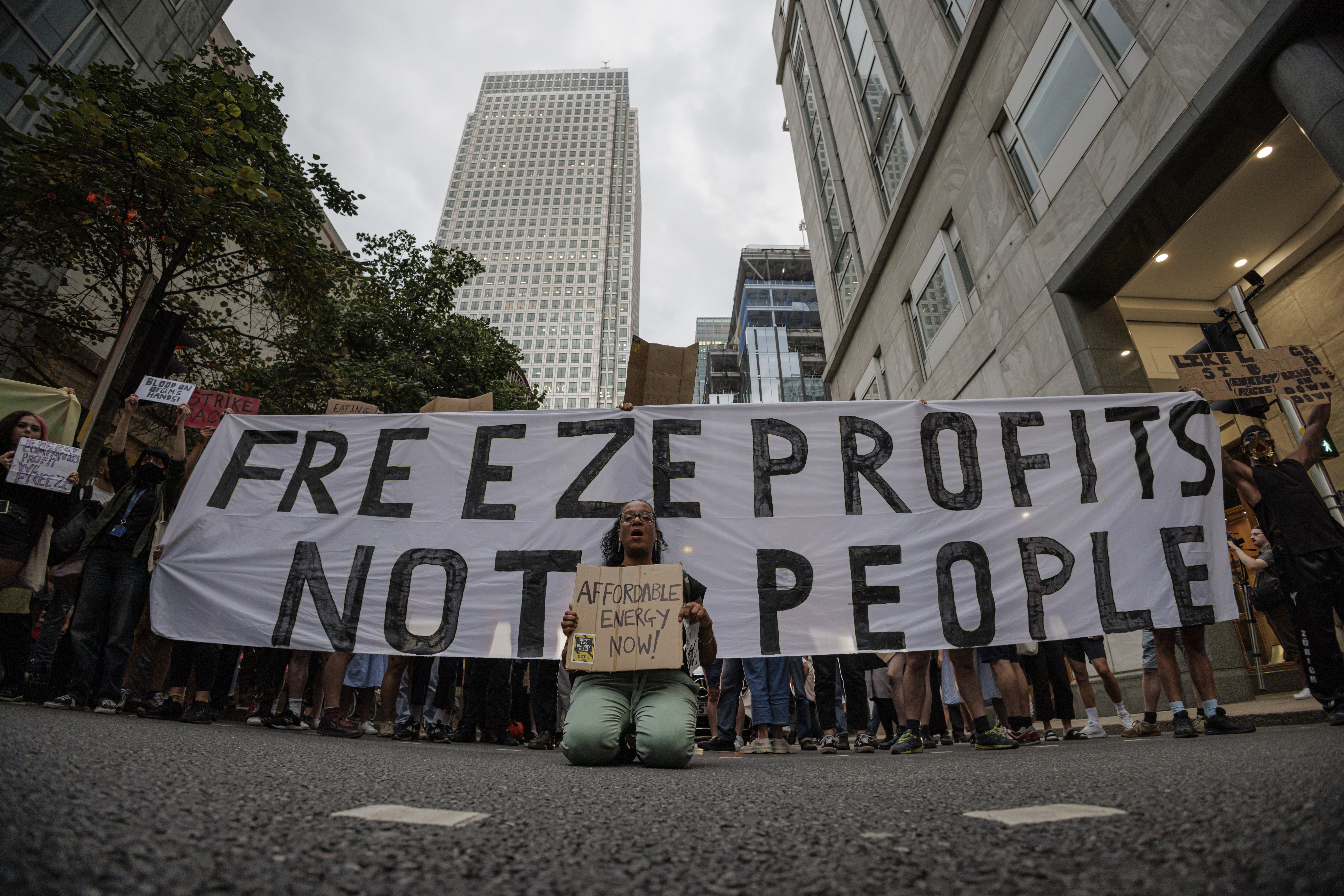The Liz Truss energy price subsidy plan: Deeply flawed but also necessary?
On the table is a plan that will help the rich far more than poorer families and is ruinously expensive, writes James Moore. But the crisis is of sufficient magnitude that action has to be taken to avoid an economic meltdown


The energy plan now taking shape under Liz Truss looks set to provide far more benefits to wealthier owners of bigger houses than it will to a family on universal credit, struggling to pay for their food, let alone their energy bills, this winter.
We have yet to see the fine details of the plan, which will subsidise energy suppliers’ purchases, and reduce the bills to the end consumer that way. But the perversity of subsiding the high bills racked up by wealthy owners of larger homes is obvious.
Another problem, and it’s a glaring one, is that it provides no incentive to improve energy efficiency.
This crisis would clearly be of a lower order magnitude if the UK had made a better fist of addressing the energy inefficiency of its housing stock. People have been banging on about this for years without anyone in government paying attention.
There does appear to be a move to include British businesses in the plan, and to address the danger to the economy of a rash of insolvencies and redundancies as firms grapple with uncapped bills.
There is a big question mark currently hanging over the future of Britain’s meeting places – pubs, cafes, cinemas – when their current deals end this autumn. And that’s just the start of it.
It is to be hoped that the government pays due regard to the situation facing hospitals and schools while it’s at it. They don’t have the resources to cope with existing budgets.
In addition to the staggering cost – which is dependent on international energy markets and the crisis in Ukraine among other things – these represent just some of the more obvious issues facing Team Truss as the finishing touches are put to the plan ahead of an announcement.
More will emerge. Devils, pitchfork-wielding horned meanies, will inevitably lurk in the detail. That is always where those nasties lurk.
The Conservative Party’s self-indulgence over a summer in which Truss and Rishi Sunak tore lumps out of each other during their extended leadership dust-up has led to a situation in which the government is now rushing to catch up.
Making policy on the hoof like this is a dangerous game to be playing. It is how mistakes are made.
It would clearly have been a wise idea to call in outside help, as Sunak did (and very publicly) with the furlough scheme when teams from the CBI and the TUC shuttled into No 11. I haven’t heard of anything like that this time. It certainly doesn’t appear as if the unions are involved.
“Enormously expensive, poorly targeted and risks shortages and rationing. You can’t get close to £100bn from a windfall tax on energy companies,” is how Paul Johnson, the head of the non-partisan Institute for Fiscal Studies described what has been reported.
True, although a windfall tax wouldn’t hurt given the absurd profits energy companies are making. They could at least be tapped for a downpayment to help us pay this vast loan back.
But Johnson also said it was necessary. Even with the very obvious flaws in this plan, he is probably right about that.
The real problem is that this is just the start, and arguably the least controversial aspect of a splurge that might make even the most spendthrift of Labour MPs think twice were they contemplating something similar but with different priorities.
On the horizon are also Truss’s promised tax cuts (once again, best for the rich), a sharp increase in defence spending, which will inevitably result in a ton of money getting wasted, and the small matter of Britain’s creaking public services (it’s not just the NHS) to fund.
Quite how you can claim to be “fiscally responsible” on top of that lot is beyond me. Something’s going to have to give.






Join our commenting forum
Join thought-provoking conversations, follow other Independent readers and see their replies
Comments